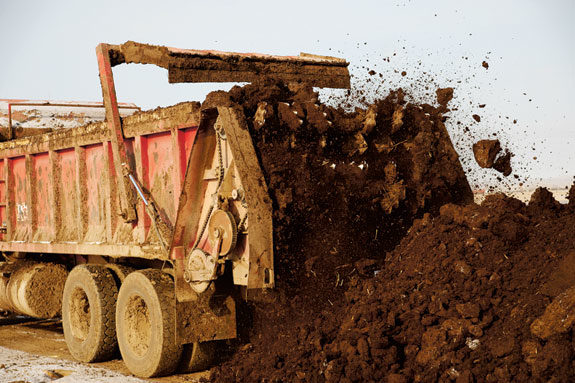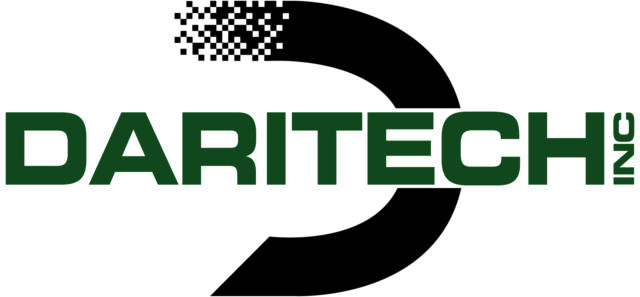Dana Cook, owner of Cook’s Countryside Trucking LLC in North Freedom, Wisconsin, and president of the Professional Nutrient Applicators Association of Wisconsin (PNAAW), knows the importance of sharing the road with all types of vehicles. His manure application business covers most of Wisconsin, northern Illinois, northeast Iowa and southeast Minnesota, passing over thousands of miles of highway each year. The business hauls for 210 farmers annually and applies manure, or a portion of it, from farms of 40 to 2,000 acres.
To accomplish this, Cook has a fleet of vehicles from tractors to semis. Included are truck-mounted tankers with flotation tires, tractors and pull-type injectors or sprayers, six semi trucks and quad-axle trucks for moving manure solids.
Upon hiring, all drivers must qualify for a CDL and be approved by the company’s insurance. “Recently it’s been hard to find somebody who the insurance will adopt,” he notes.
To ensure all of his operators are abiding the law and being mindful of other people on the road, Cook holds semi-annual meetings to review travel tips for the safety of his crew and other motorists.
When working at a job site, the applicators and haulers are asked to travel in a path that enables them to only make right-hand turns into the fields and farm. “We don’t have our equipment turn left,” he says. “It’s too hard to see the other traffic.”
Before any left-hand turns, his employees are told to check and check again for other drivers.
“We stress that a lot, to be mindful of other drivers,” Cook says. “Other people are usually not paying attention.”
Traveling in a right-hand path also helps them avoid meeting each other on the road with large equipment. However, in the event this should occur, the person with the full load is granted the right of way, while the empty load moves to the side to make room.
All equipment has its proper lighting, plus if Cook deemed what came from the factory wasn’t enough, he added more.

Not only are the lights there, but they are clean and visible. “We tell our drivers to make sure they clean their lights off,” he says. In the business of moving manure, this practice may need to be done multiple times on a windy day.
Even with all the lights, Cook prefers not to work while it’s dark. He keeps his crew to running no more than 12-hour shifts per day. Cook says he feels it’s not safe to operate at night because it’s hard for others to see you, hard to see what you’re doing and hard on employees who have already worked a long day.
While running loads, they try, as best they can, to stay off back, country roads that are not conducive to heavy equipment. They can either be too narrow or not built for heavy equipment.
As a motorist himself, Cook says he tries not to wreck roads. If they are in bad shape he’ll avoid them even to a slight disadvantage of his client. In the instance the roads are in poor condition before his crew gets going, Cook will videotape the road to show the existing damage. Then he can dispute any claims that it was his equipment that ruined the roads.
Equipment today comes in all sizes. Knowing the roads he must travel on, Cook is mindful of that when purchasing his next piece of equipment. Everyone is pushing for bigger equipment, he says. But he doesn’t want anything that’s too big to transport from one job to the next, especially in some of the rolling terrain he covers.
“I run it like I’m running through my neighborhood all the time. That’s the way we like to operate,” Cook says. He knows what his neighbors like to see and tries to replicate it wherever he’s working.
If they end up hauling over the weekend, Cook will usually check with the neighbors of the farm to see if they have any events planned. If so, they’ll rearrange the hauling schedule to try to work in those fields when appropriate.
As a custom manure applicator, Cook says public relations is a large part of the job; not just for his business, but also for the farm it is serving.
Now that good neighbor policies have been set, Cook says road issues are becoming a real problem. Most laws have not been changed since 1972. Therefore, PNAAW, along with other states, are funding a study to see how implements are affecting the roadways and what appropriate law changes need to be made. PD
Editor’s note: Results of the study should be released this winter. Watch for them in Progressive Dairyman early in 2011.
Photos by PD staff.

-
Karen Lee
- Midwest Editor
- Email Karen Lee











